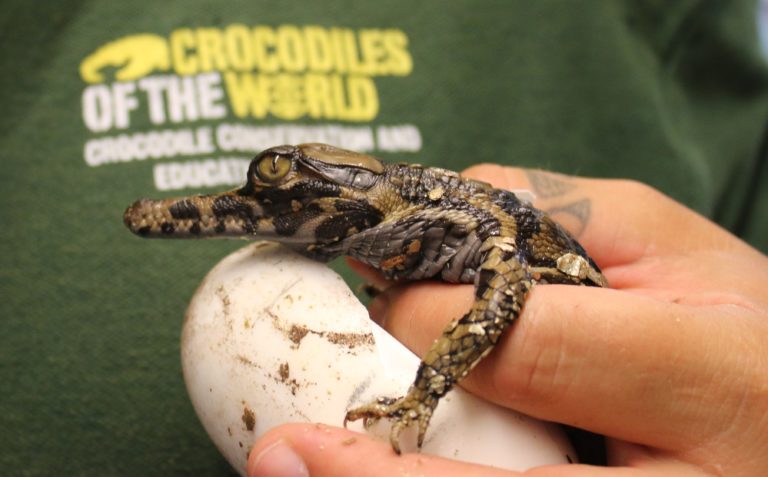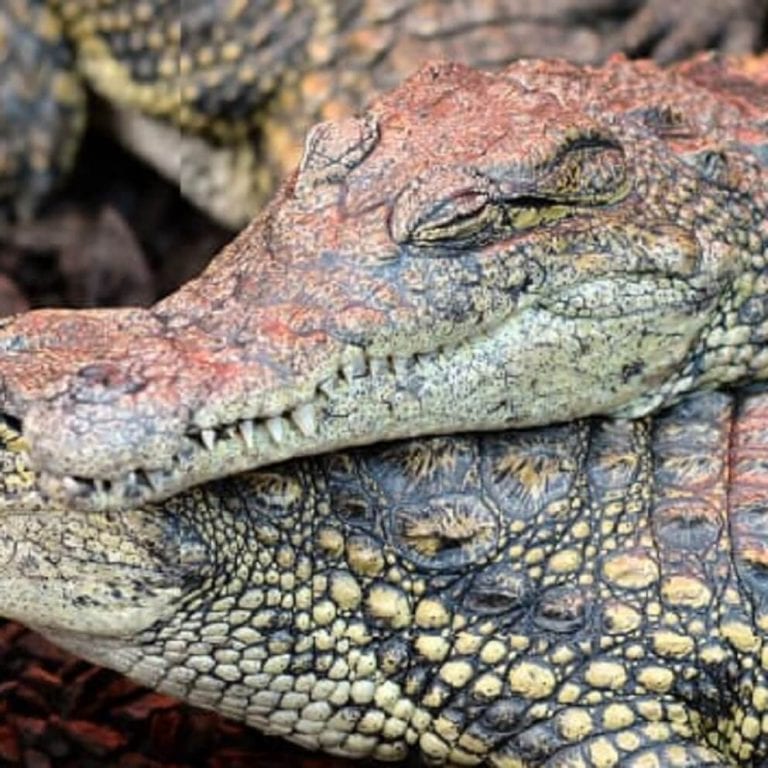Earth Day 2021!
What an Earth!
It’s Earth Day….an international event around the world to reflect and support environmental protection. This year’s theme is ‘Restore our Earth’ and here at Crocodiles of the World this is incredibly close to our hearts too.
Day….an international event around the world to reflect and support environmental protection. This year’s theme is ‘Restore our Earth’ and here at Crocodiles of the World this is incredibly close to our hearts too.
At Crocodiles of the World we’re committed to reducing our own impact on the planet…
- We have a biomass boiler that produces most of the heat to our crocodile buildings and reduces our reliance on electricity from the national grid or from fossil fuels
- We have a recycle program in place onsite that reduces the amount of rubbish going to landfill sites
- We’re concerned for the crocodilians in the wild of course. One example is our beloved Tomistoma. These large crocs from Indonesia and Malaysia are impacted by the loss of peat swamp forest habitats, and much of this habitat has been lost for conversion to agriculture for palm oil production. We recognise that oil palms are more productive per acre than other crops, but that unsustainable production is detrimental to wildlife and habitats within the tropics. We source products that use certified-sustainable palm oil. We’re continuing to source sustainable products to minimise our impact and help this planet.
- The conservation projects we support aim for ecosystem conservation and not just ‘crocodile’ conservation.
Did you know?
- The Earth is not a sphere…it’s actually slightly flattened at the poles! That means it has a waist: the circumference at the equator is about 24,900 miles. This is all down to the effects of gravity and the planet’s rotation.
- Earth spins on its axis at about 1000 miles per hour.
- Not only that, but we’re moving around the Sun at 67,000 miles per hour!
- Over 70% of the planet’s surface is covered in water…but less than 3% is drinkable freshwater and most of THIS is locked up in glaciers or snow/frost fields.
- There can be over 6000 lightning strikes on Earth every minute.
State of the Planet facts:
- Wildlife populations have declined by an average of 68% since 1970
- 30% of all land is used for agriculture
- Freshwater habitats are some of the most threatened habitats on the planet (suffering an 84% population decline in that biome’s wildlife) but these habitats are critical for our own future.
- About 700 million people do not have access to clean freshwater (almost 40% of these people are in sub-Saharan Africa)! 4500 children die every day due primarily to a lack of freshwater and adequate hygiene!
- Since 1970, our ecological footprint has exceeded the Earth’s rate of regeneration! That is almost a definition of madness…
 Crocodilians:
Crocodilians:
- There are currently 26 species of crocodilians recognised
- Fossil species outnumber the extant species 10:1…at least!
- Wetland habitats are under threat, so we support wetland conservation.
- The crocodilian family tree can be traced back around 240 million years
- Crocodilians have the most powerful bite of any living animal
- Crocodilians have possibly the most complex heart of any living animal
- Crocodilian tummies can withstand the most acidic conditions of any animal
- Crocodilian blood has properties that can effectively fight infections
- Eco-friendly before it was trendy, those bumpy bits on the backs of crocs are small bony plates that act like solar panels to hep them warm up in the sun (they’re also armour).
To find out more about crocodile conservation visit our conservation pages
